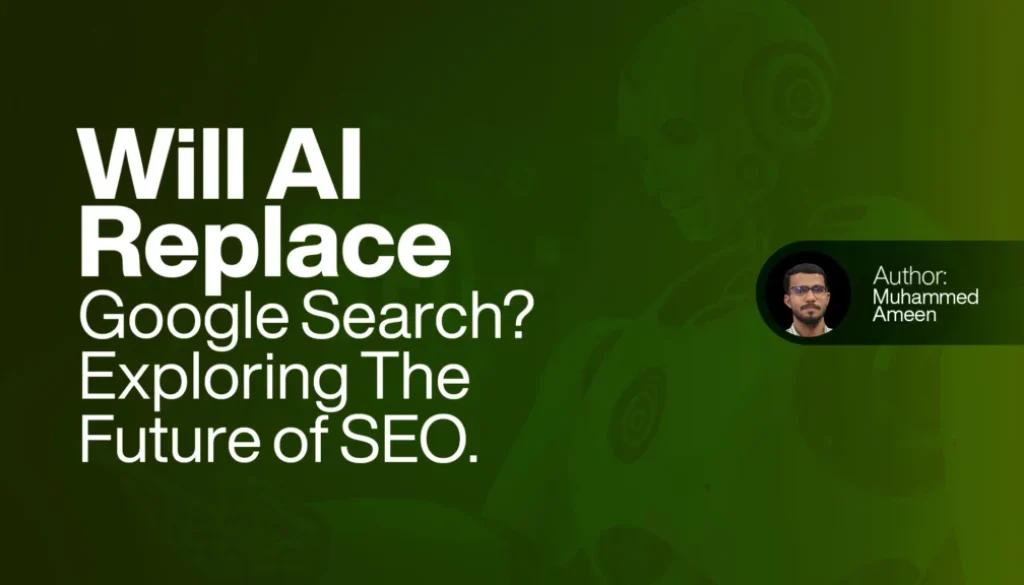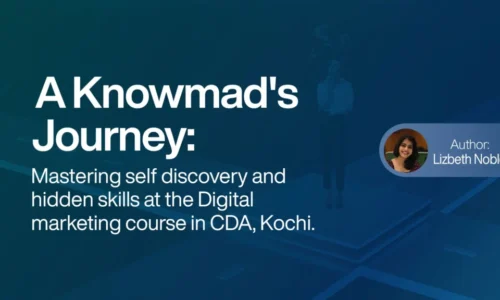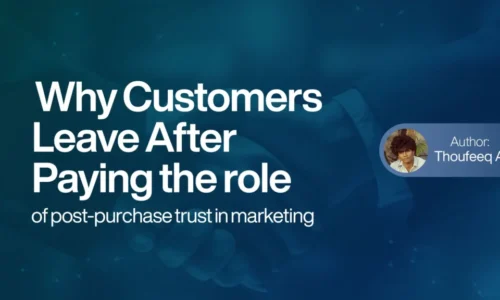Will AI Replace Google Search? Exploring The Future of SEO
Table of Contents
AI Could Actually Be a Threat?
Have You Ever Wondered If AI Could Actually Be a Threat? I did. The thought struck me one morning after I started my career at CDA as SEO expert. As part of my daily routine, scrolling my emails and read tech news everyday to stay up with tech and trends. But one morning, a headline grabbed my attention.
“Google Website Visits Drop by 70%.” the article details a decline of utpo 70% for specific keywords across various sectors. Curious, I dove into the article. The reason for this dip? Google’s very own feature – AI Overview. Before we get started, if you haven’t already, set up Google Alerts to track trends in your niche. That’s how I stay informed.
Yes, the same Google that dominated the search engine world for decades had introduced something that could challenge its own existence. The AI Overview gives users summarized answers to their queries, reducing the need to visit websites.
Now, that raised a serious question:
Why would Google do something that might hurt its own business ecosystem?
Evolution of Google Search
A search engine like Google is a software system that allows users to input queries and returns relevant results-either websites, products, blogs, or other content.
In its early days, it relied purely on crawling and indexing web pages based on keywords. Over time, it evolved-adding features like meta descriptions, featured snippets, and now, AI Overviews.
AI Overviews are currently being tested and rolled out across most of keyword searches. Instead of showing just a list of links, Google now gives a brief, AI-generated summary of the answer, followed by supporting sources.
So What is AI Overview?
It’s part of a shift from search engines to what we now call generative engines (like ChatGPT or Google’s own Gemini) that generate answers by interpreting user prompts. These engines tokenize a prompt and hallucinate an answer-that is, they generate content based on probabilities and patterns from their training data.
However, these AI tools can make mistakes, generate false facts or present outdated information . That’s why we can’t fully rely on them, especially when accuracy is critical.
Search engines, on the other hand, rely on real-time indexed data from actual websites, making them more grounded in reality.
In simple terms:
- Generative engines = instant, conversational, creative (but sometimes inaccurate)
- Search engines = structured, sourced, and data-driven
So, will Google be replaced with AI?
Not really.
But it can change how Google works-and how we, as digital marketers, need to respond.
From Threat to Opportunity: AI is Not the Enemy
As an SEO expert and prompt engineer, I don’t see AI as a threat when used correctly, it can act as a personal assistant, significantly saving time and money. However, it become a threat if used unethically or improperly.
Overviews can actually boost engagement if we learn how to get featured in them.
Even though the AI Overview answers the user’s query, it still includes links to websites, allowing users to “read more.” So yes, your site can still attract visitors-but only if it’s optimized properly.
How to Get Featured in Google’s AI Overview (Generative Engine Optimization Tips)
It’s not easy to get your content listed in the AI Overview. It requires a mix of SEO best practices and content adjustments. Here’s a quick checklist that worked for me:
- Structure Your Content Clearly
Use headings, bullet points, and concise paragraphs. AI tools love well-structured data.
- Target Specific Questions
Frame your content to answer direct queries (like FAQs). AI Overview tends to pull answers from question-based content.
- Use Authoritative Sources
Link to credible references. It builds trust and increases the chances of being featured.
- Optimize for E-E-A-T (Experience, Expertise, Authoritativeness, Trustworthiness)
Google loves and rewards for the content from real experts with real experience.
- Focus on Local SEO
Optimize for local searches if your audience is region-specific. This will helps to get visibility in AI-generated local results.
- Improve UX and Site Performance
Fast, mobile-friendly, and user-focused websites have higher chances of being picked up.
Using these strategies, I was able to get my website listed in Google’s AI Overview. It took experimentation and learning, but the payoff is worth it.
Conclusion
AI won’t kill Google. But as marketers, we must shift from traditional keyword-stuffing to intent-based, human-centric, and AI-friendly content. We’re not in a battle between AI and Google. Instead, we’re witnessing a new evolution in search. Early adopters stand to gain the most. Those who readily embrace new technologies and trends are more likely to remain relevant, secure their positions, and avoid burnout.
Author Info
Muhammed Ameen, a Freelance Seo Expert In Hyderabad.
Learner of CDA Digital Marketing Training in Ernakulam.




